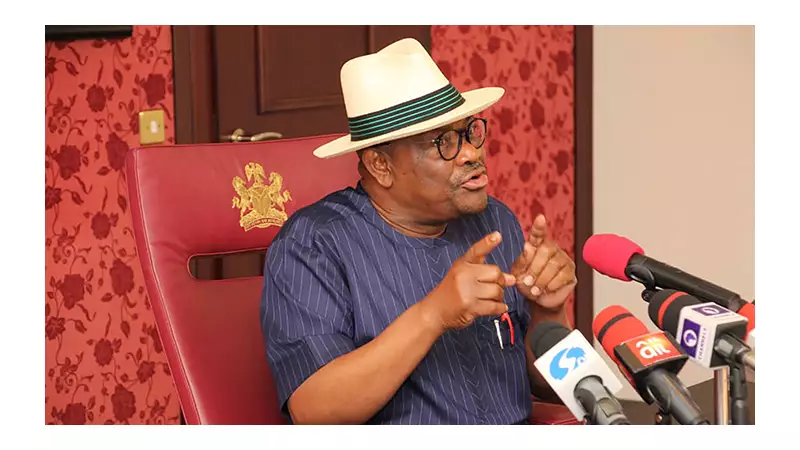
In a stunning revelation that has sent shockwaves through Nigeria's political landscape, former Rivers State Governor Nyesom Wike has openly declared that corrupt elements have completely hijacked the Peoples Democratic Party (PDP). The current Minister of the Federal Capital Territory made these explosive allegations during a recent public appearance, exposing deep-rooted corruption within the main opposition party.
The Hijacking of Democratic Processes
Wike did not mince words as he detailed how certain individuals within the PDP have systematically taken control of the party's machinery. "These corrupt elements have positioned themselves to manipulate party decisions and undermine democratic principles," Wike asserted, painting a grim picture of the party's internal operations.
Internal Sabotage and Political Consequences
The minister revealed that this internal corruption has had devastating consequences for the party's electoral prospects. "When you have people who are more interested in personal gain than party success, defeat becomes inevitable," Wike explained, referencing the PDP's recent electoral losses. He emphasized that the hijacking by corrupt forces has created an environment where genuine party members are sidelined while opportunists thrive.
A Call for Party Reformation
Wike's statements come at a critical time for the PDP, which has been struggling to maintain its relevance in Nigerian politics. The former governor's bold admission suggests that:
- Systemic corruption has weakened the party's foundation
- Internal democracy has been compromised
- Urgent reforms are needed to restore credibility
- The party's future depends on purging corrupt elements
Impact on Nigeria's Political Landscape
This revelation raises serious concerns about the health of Nigeria's opposition politics. With the PDP being the main alternative to the ruling party, its internal corruption crisis could have far-reaching implications for the country's democratic development. Wike's exposure of these issues marks a significant moment in Nigerian political discourse, potentially signaling the beginning of a much-needed cleansing process within opposition ranks.
The minister's courageous stance has already generated intense debate among political analysts and party stakeholders, with many wondering if this will spark the revolution needed to save one of Nigeria's most prominent political institutions from complete collapse.





